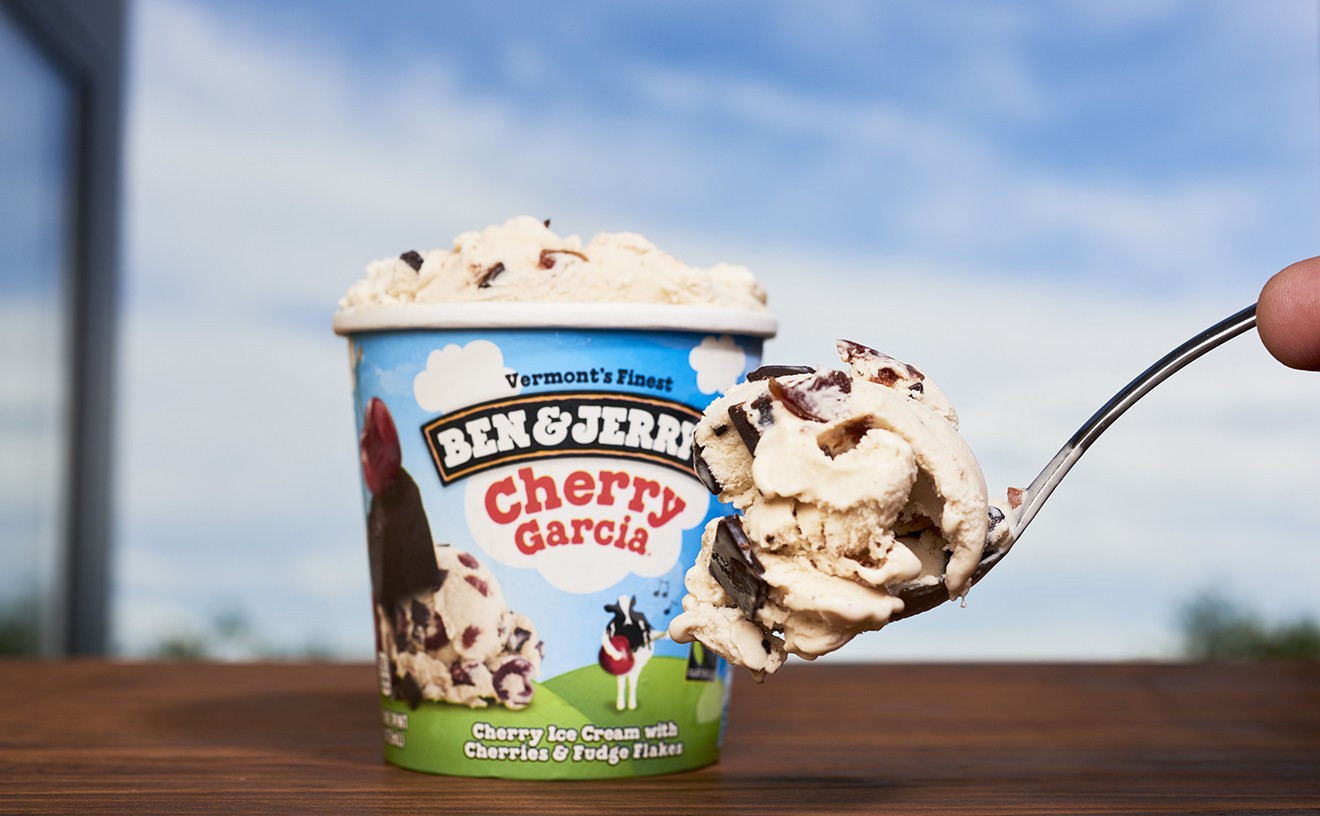When life hands you a swirling blast of Arctic air, it's best to find a way to make lemonade out of it. Franconia Brewing has done that, announcing that they're taking advantage of the cold front besieging the country by using it to make eisbock, or ice bock.
The German specialty beer is made by partially freezing beer and removing the block of nonalcoholic ice that appears. What's left behind is concentrated in both alcohol and flavor, and is supposed to taste rich and caramel-y. Texas is rarely a prime area to make the stuff. For Franconia's eisbock, they'll use their winter wheat brew, a dark wheat double bock.
See also: LUCK in Trinity Groves, with 40 Local Beers on Tap, Is Dallas' Next Great Growler Filler
We'll have more information on the eisbock as it develops. The full announcement from Franconia reads as follows:
So we decided today due to the cold weather to go back in time. As far as when beer was still delivered in horse carriages. One day they loaded the beer the night before delivery and it got so cold overnight that the beer froze. All the kegs were frozen and just the concentrated alcohol stayed behind. The punishment was that the brewer had to drink it. Well the ice bock was born. At a brewery was called Reichelbreu in Kulmbach. The weather should be perfect to recap this in 2014 with our winter wheat (a dark wheat double bock) so here are our kegs sitting outside and if we get the result we want this beer will be available at one of our next tours. Stay tuned.
The method is similar to the production of ice wine, where grapes are left to freeze on the vine. Again, the moisture in the grapes freezes and the concentrated remains contribute to a sweet and highly acidic wine. If we're lucky some Texas vineyards may get it in their heads to follow suit.










